Rare brain surgery performed 3,500 years ago
Archaeologists discover punctured skull dating back to 1500BC below floor of Israel home
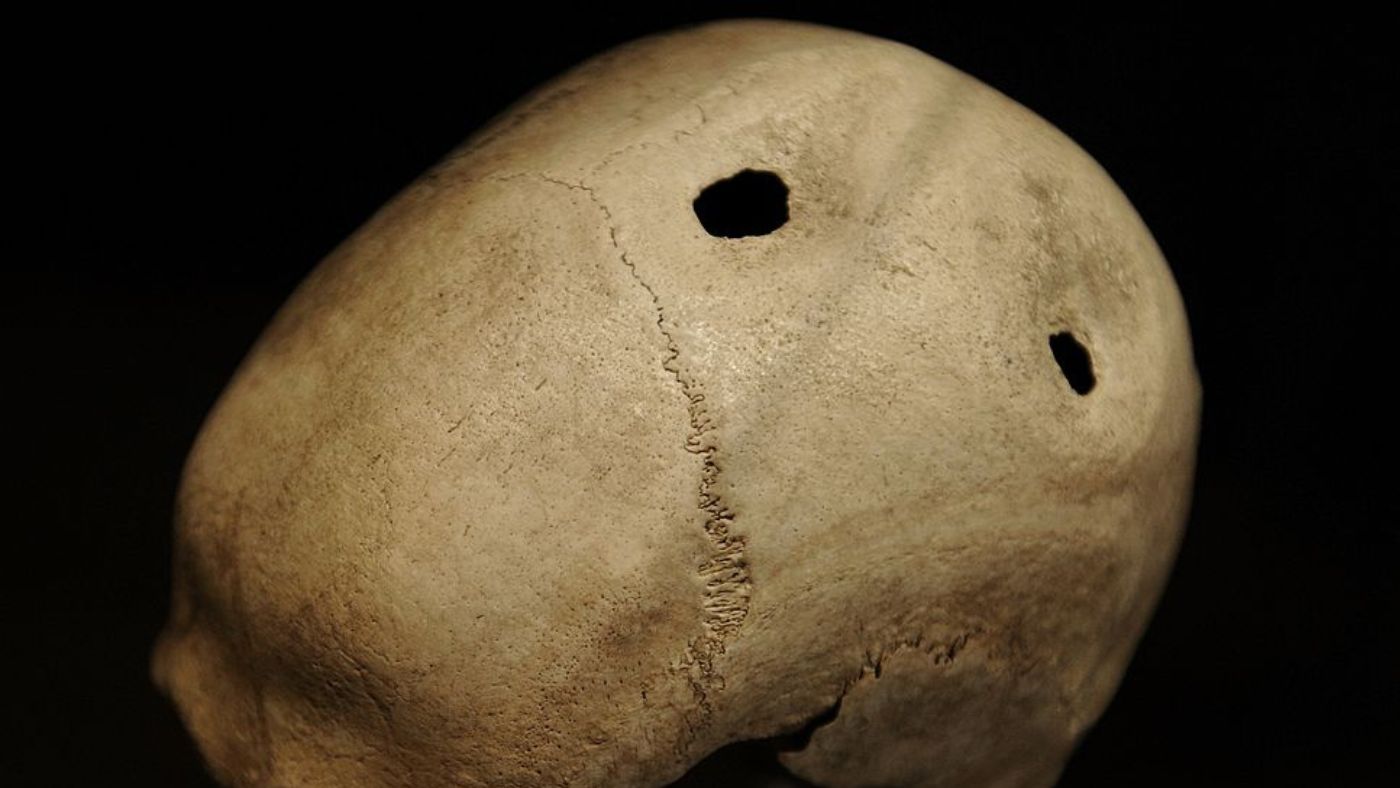
A free daily email with the biggest news stories of the day – and the best features from TheWeek.com
You are now subscribed
Your newsletter sign-up was successful
An “uncommon” type of brain surgery was being practised in Israel as far back as the Bronze Age, archaeologists have discovered.
Scientists examining the skeletons of two brothers excavated from a tomb below their family home found that one had a “surprising feature”, said Smithsonian magazine – a 30mm square hole in the skull. In a newly published study, the international team of researchers said the skull was evidence of an ancient medical procedure known as trephination.
Trepanning is “one of the oldest known surgeries”, said The Sun, and the holes were made “to let evil spirits” or for medical purposes, such as “to ease pressure on the brain”.
The Week
Escape your echo chamber. Get the facts behind the news, plus analysis from multiple perspectives.

Sign up for The Week's Free Newsletters
From our morning news briefing to a weekly Good News Newsletter, get the best of The Week delivered directly to your inbox.
From our morning news briefing to a weekly Good News Newsletter, get the best of The Week delivered directly to your inbox.
“Doctors today perform a similar procedure,” said The Independent, “known as craniotomy, to treat tumours or blood clots or remove foreign bodies such as bullets.”
But while such operations date back as far as 7,000 years, the discovery at the archaeological site of Tel Megiddo in modern-day Israel is the earliest example of its kind in the ancient Near East – which covers western Asia, southeastern Europe and north Africa.
Study co-author Rachel Kalisher, of Brown University in the US, said that the “uncommon procedure was done on an elite individual with developmental anomalies and infectious disease”, probably as “an intervention to deteriorating health”.
Both of the brothers are believed to have had leprosy, but the brain surgery appears to have failed to extend the patient’s life. “The lack of bone healing suggests the man died either during or shortly after the operation,” The Sun reported.
A free daily email with the biggest news stories of the day – and the best features from TheWeek.com
Many other questions about the operation remain unanswered, said Smithsonian. “Was the patient administered some anaesthesia or a mind-altering substance? Or was he left to experience the operation in excruciating pain? And what desperate straits or last-ditch hopes led to such an extreme step?”
-
 How the FCC’s ‘equal time’ rule works
How the FCC’s ‘equal time’ rule worksIn the Spotlight The law is at the heart of the Colbert-CBS conflict
-
 What is the endgame in the DHS shutdown?
What is the endgame in the DHS shutdown?Today’s Big Question Democrats want to rein in ICE’s immigration crackdown
-
 ‘Poor time management isn’t just an inconvenience’
‘Poor time management isn’t just an inconvenience’Instant Opinion Opinion, comment and editorials of the day
-
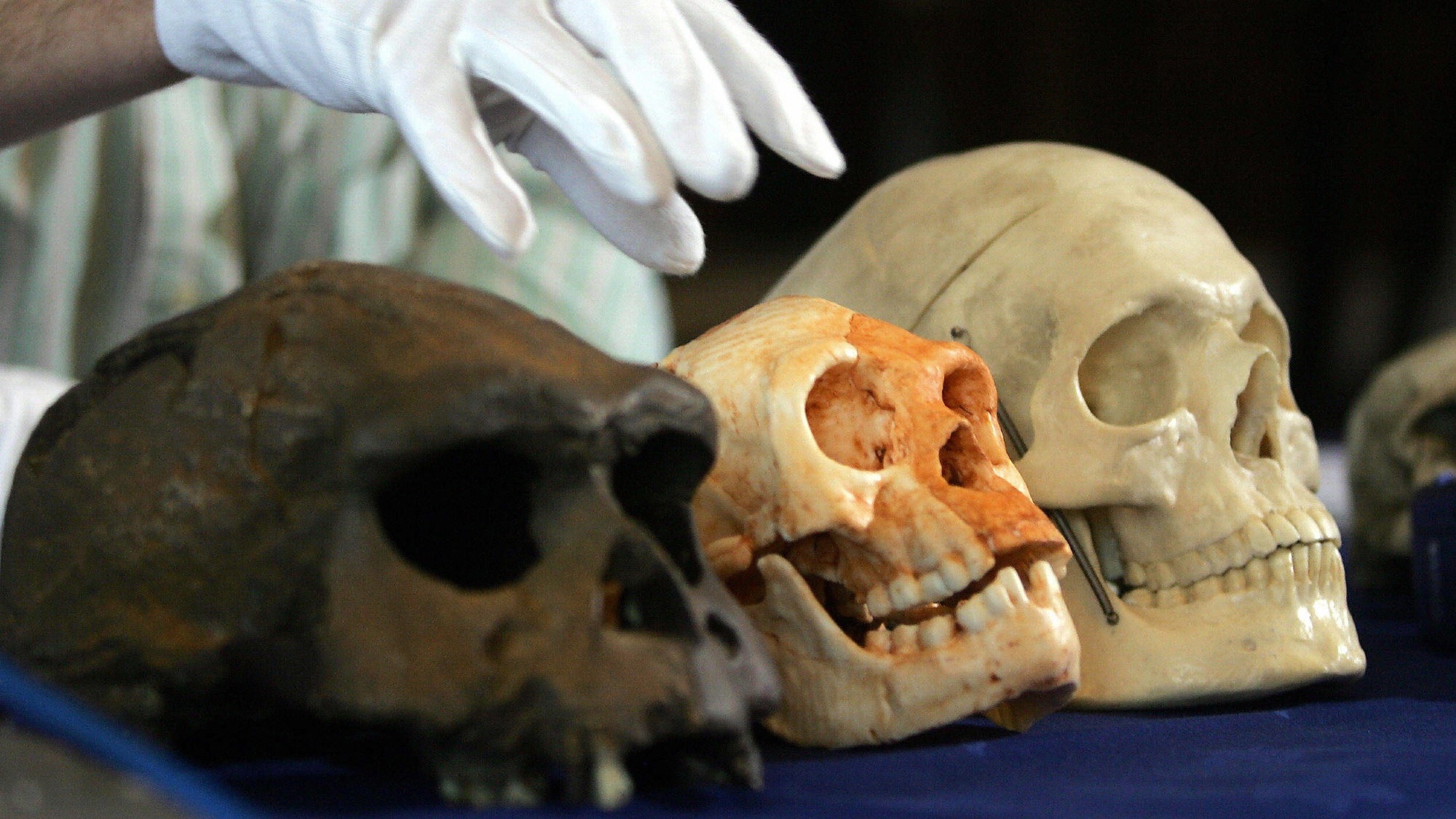 Homo floresiensis: Earth’s real-life ‘hobbits’
Homo floresiensis: Earth’s real-life ‘hobbits’Under the Radar New research suggests that ‘early human pioneers’ in Australia interbred with archaic species of hobbits at least 60,000 years ago
-
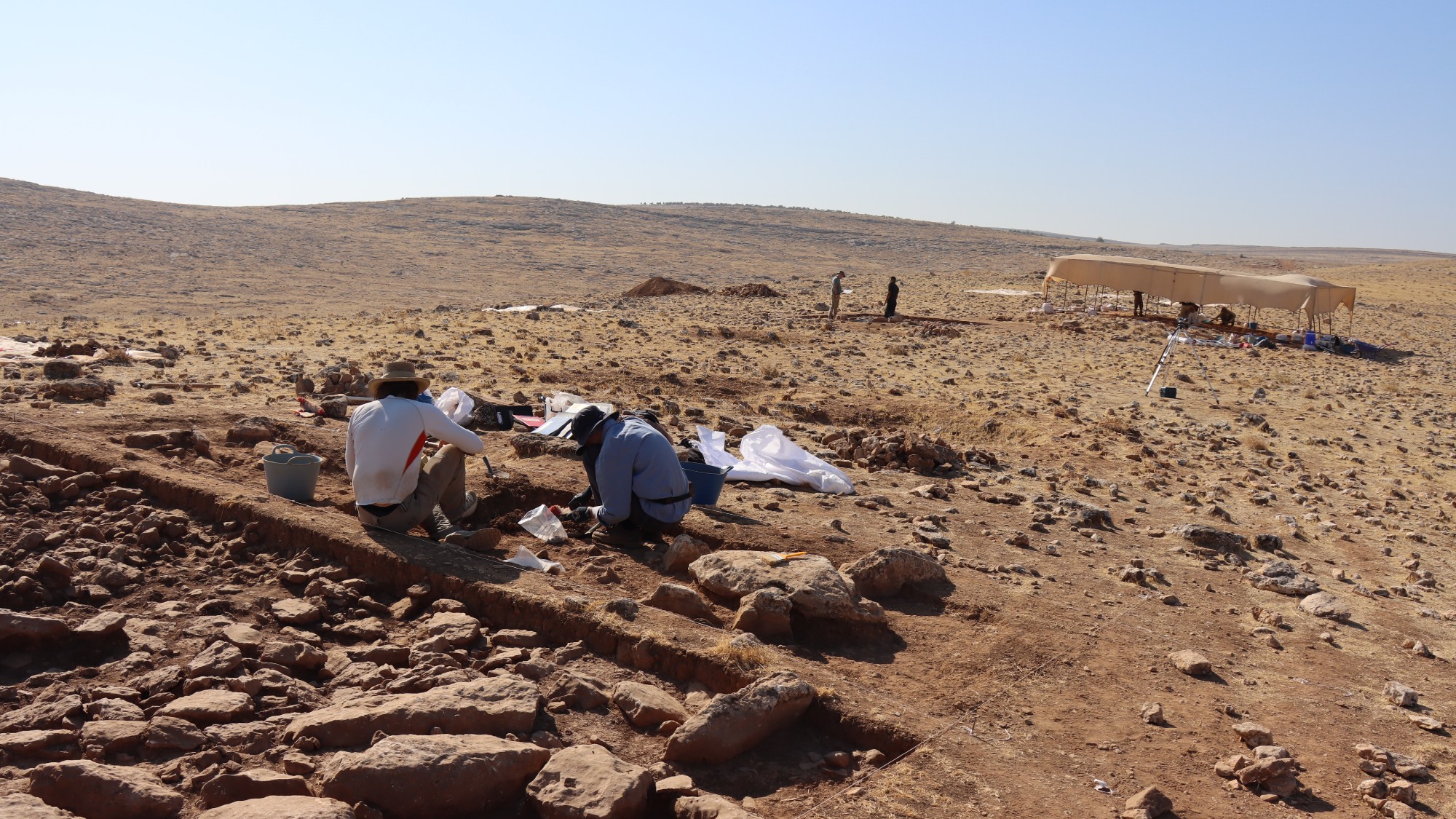 Mendik Tepe: the ancient site rewriting human history
Mendik Tepe: the ancient site rewriting human historyUnder The Radar Excavations of Neolithic site in Turkey suggest human settlements more than 12,000 years ago
-
 The origins of the IDF
The origins of the IDFIn Depth The IDF was formed by uniting Zionist paramilitary groups, WWII veterans and Holocaust survivors
-
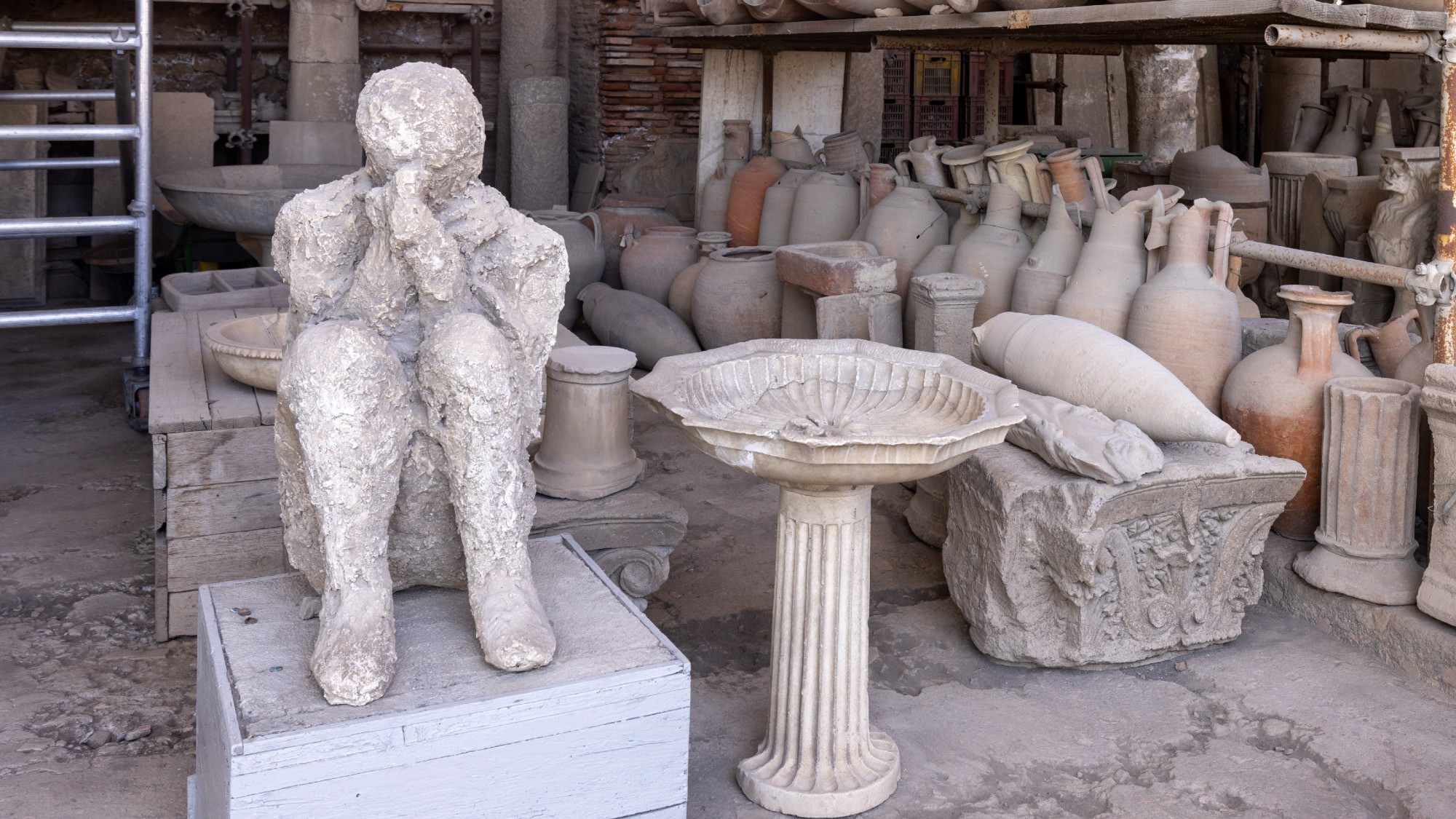 The seven strangest historical discoveries made in 2025
The seven strangest historical discoveries made in 2025The Explainer From prehistoric sunscreen to a brain that turned to glass, we've learned some surprising new facts about human history
-
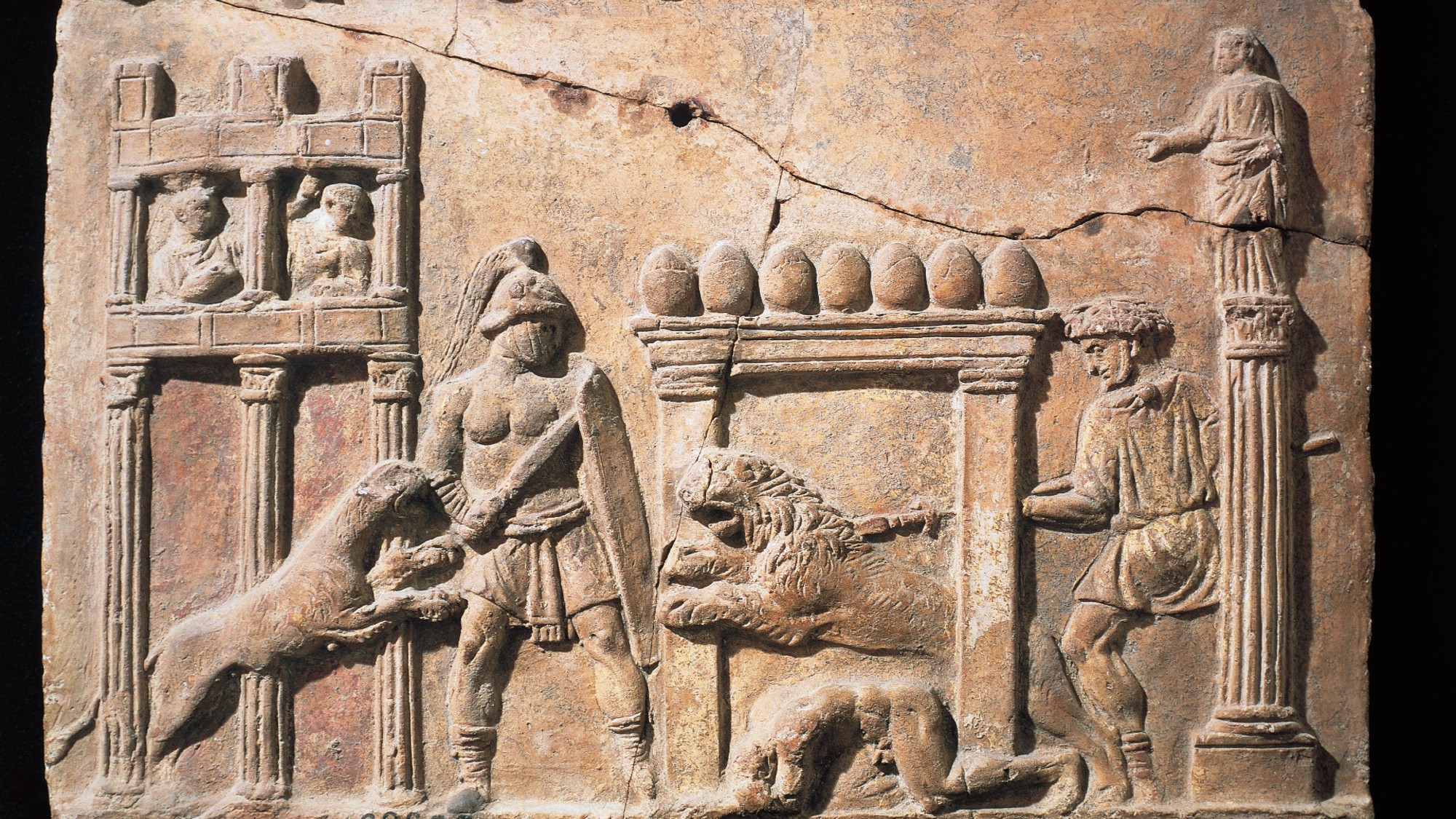 Scientists have found the first proof that ancient humans fought animals
Scientists have found the first proof that ancient humans fought animalsUnder the Radar A human skeleton definitively shows damage from a lion's bite
-
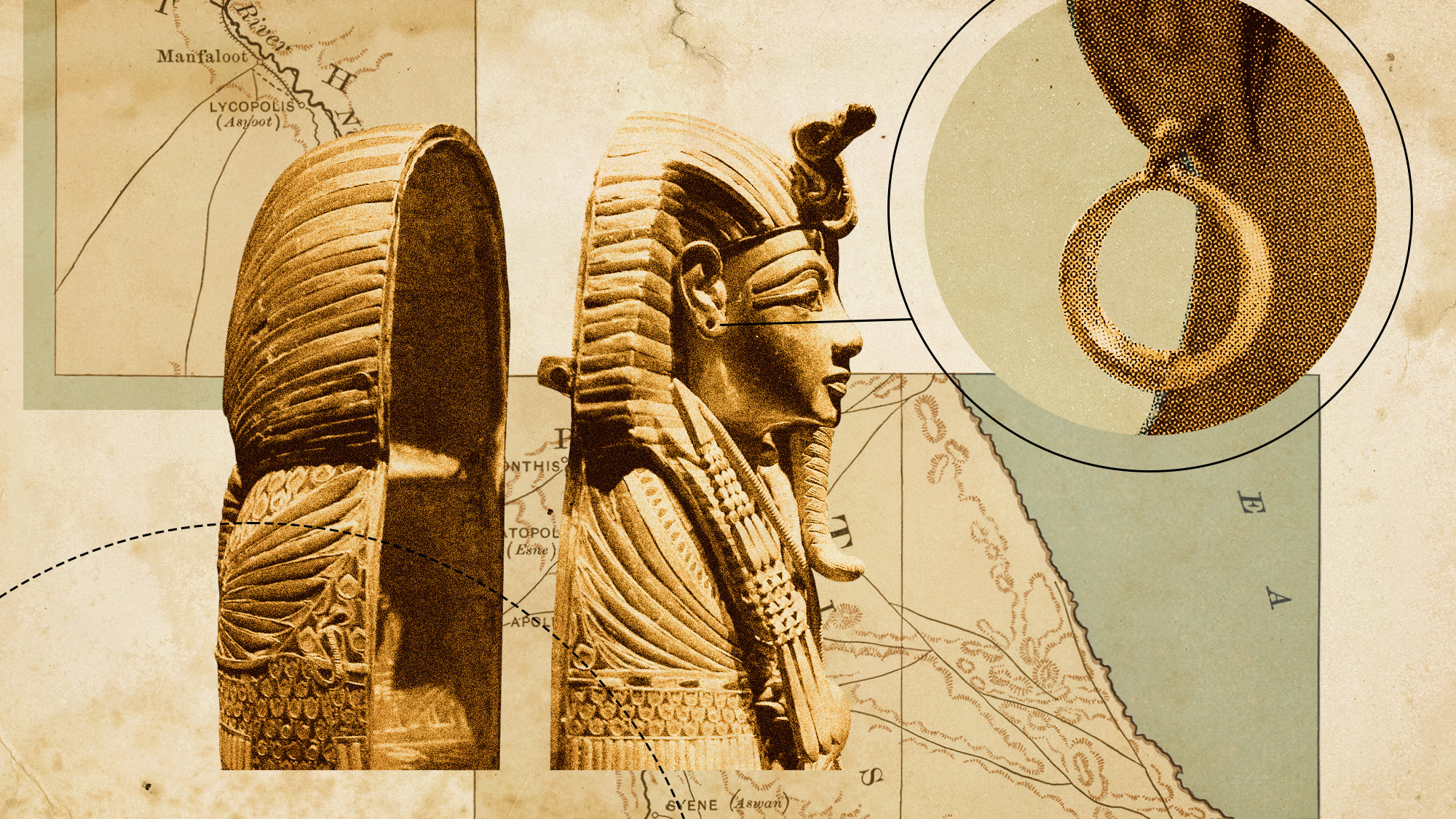 Tutankhamun: the mystery of the boy pharaoh's pierced ears
Tutankhamun: the mystery of the boy pharaoh's pierced earsUnder the Radar Researchers believe piercings suggest the iconic funerary mask may have been intended for a woman
-
 Haredim: Israel's ultra-Orthodox Jews now facing conscription
Haredim: Israel's ultra-Orthodox Jews now facing conscriptionThe Explainer Religious community pays few taxes, receives vast subsidies and has avoided military service, provoking ire of wider society
-
 The discovery that sheds new light on the Knights Templar
The discovery that sheds new light on the Knights TemplarIn Depth Medieval tombs linked to the Holy Grail crusaders have been uncovered in a Staffordshire churchyard